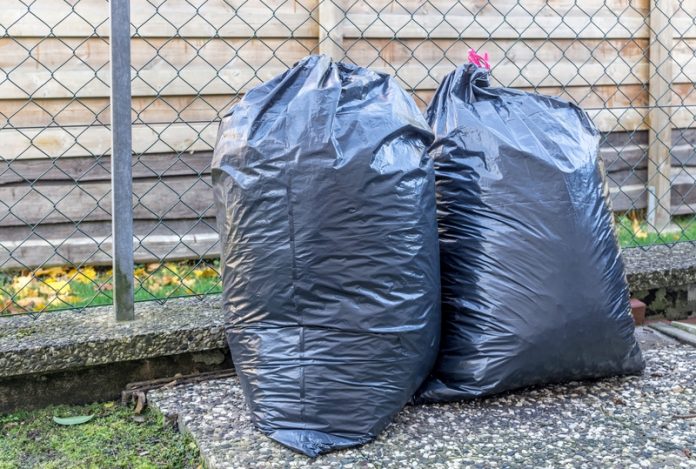Research released today reveals a gap between UK households’ passion for living sustainably versus a lack of understanding about managing their rubbish
The new research, commissioned by UK coffee company Percol, shows that despite three quarters (74%) of consumers claiming they are passionate about living sustainably, there is significant ‘disposal despair’ as 21 million (40%) admit they don’t know what happens to their black-bin waste.
Most (85%) say reducing, reusing and recycling waste is their biggest sustainability challenge at home. 14 million (26%) wrongly believe councils sort through rubbish and pick out any recyclable material. A source of the public’s confusion may be that many UK local councils have different rules and regulations around what can be collected.
Other key findings from the research include:
- Women are leading the way; 80% of female respondents say they are passionate about living as sustainably as possible, compared to just 68% of male respondents
- Gen Z are more considerate about the environmental impact of their lifestyle than their parents; almost 1 in 3 (28%) respondents aged 16-24 are very passionate about living as sustainably as possible, compared to just 1 in 6 (16%) respondents aged 55+
- Sustainability urgency is most prevalent in the capital; more than a quarter (26%) of respondents living in Greater London are very passionate about living as sustainably as possible, compared to just 1 in 7 (14%) respondents living in the South West
So, Brits want to live as sustainably as possible – but how can they best do this?
The plastic problem
Only 9% of plastic ever produced has been recycled. Plastic – unlike glass or metal – cannot be recycled infinitely, and once its limit has been reached will be discarded, where it takes centuries to degrade. A single water bottle will remain on the planet, in some form, for a minimum of 450 years. Of all the plastic packaging found in kitchens, two thirds cannot be recycled (when carefully inspected, many state “not currently recyclable”). Two-thirds of UK plastic packaging waste is exported, and the export industry was worth more than £50 million in 2017.
The survey identifies areas Brits need the most help with in decreasing their plastics use. 27 million (50%) respondents say more plastic-free packaging would be most helpful to them in achieving ‘plastic-free’ living, whilst 11 million (20%) say plastic-free supermarket aisles would be most useful. 10 million (19%) respondents say they’d like better education about ‘plastic-free’ living.
Coffee on a Mission
100 million non-recyclable, plastic-lined coffee packs are produced and used within the UK coffee industry each year. However, nearly half (48%) of Brits are unaware coffee packs commonly contain plastic. An industry leader in ethics and sustainability, Percol has introduced plastic-free certified, fully home-compostable coffee packs.
David Brooks, Managing Director, Percol, says: “Brits are more conscious than ever about how they’re disposing of household waste – and notably the plastics – they use. However, this research shows that despite a supposedly sophisticated system for doing this at home, people still don’t really “get” it. Our findings indicate that unfortunately, the vast majority of people are making simple mistakes that will see their recycling bin’s contents rejected and incinerated or redirected to landfill.”











